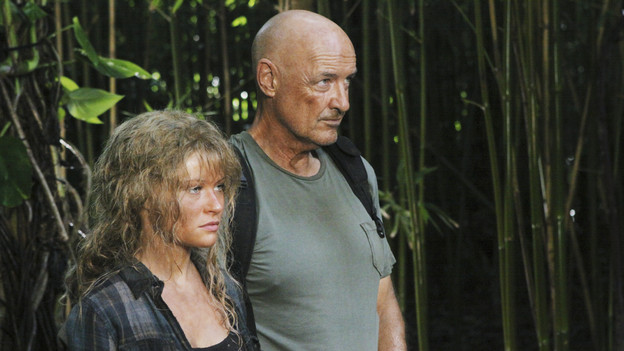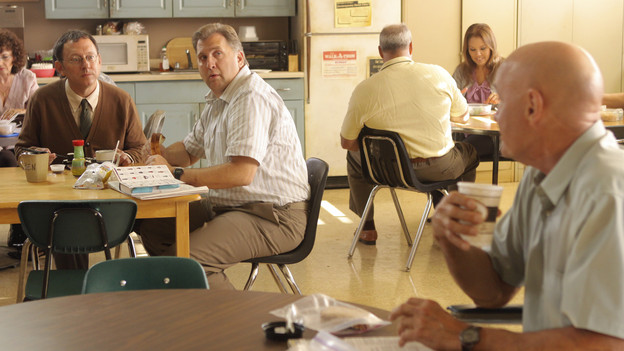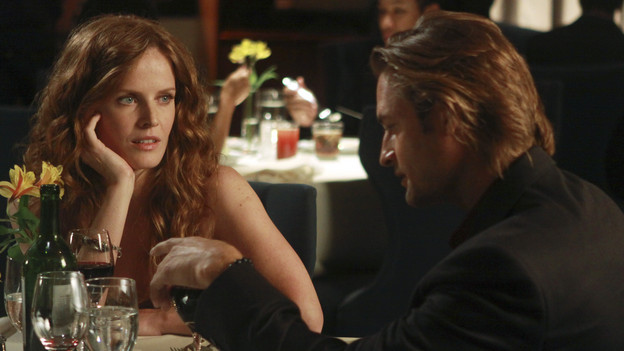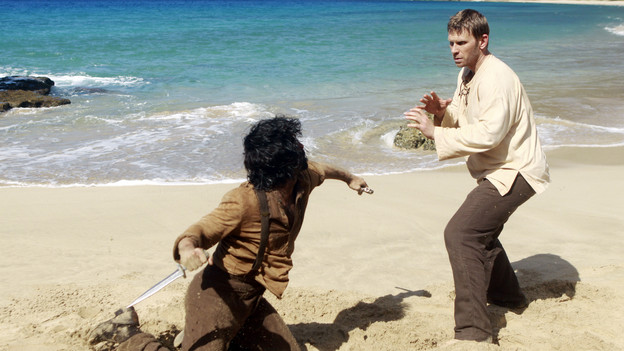Now that I've ripped all of my CD's into compressed digital formats in iTunes, I've acquired a turntable and started listening to more music on vinyl. As a listener, it's nice to have a more active and physical connection with music. Hard disk-based libraries are wonderful for depth and variety, but for listening to the great albums that you love as albums, the album-centric listening experience is rewarding and engaging.
Instead of building a multi-hour playlist of digital music spanning dozens of genres, artists and albums across hundreds of songs, an LP listener has to flip after each side and can't easily skip ahead from song to song. The medium forces more engaged listening.
But the LP is also an inferior medium to the CD and even compressed digital formats. The CD has tremendously more dynamic range. Dynamic range is the amount of sounds that can be reproduced from a recording-- from the lowest note and softest volume to the highest frequency and loudest volume.
But today's recordings are mixed and mastered to push the average levels as high as possible, using less dynamic range than the CD medium is able to deliver. Robert Levine published the definite take on the so-called loudness wars in a 2007 article in Rolling Stone, The Death of High Fidelity, "Over the past decade and a half, a revolution in recording technology has changed the way albums are produced, mixed and mastered — almost always for the worse."
Pete Bilderback, Yo! Turn It Down!
"Dynamic range compression is not new. Producers of popular music have been using it for decades, and--used in moderation--it is actually an essential tool in producing good sounding pop and rock recordings. But over the past several decades producers, mastering engineers and recording artists have engaged in a race to create the loudest possible sounding CDs (the so-called "loudness wars") and in doing so have severely restricted the dynamic range heard in today's popular music recordings."
Most modern music is seemingly optimized for listening in a 128 kbps MP3. Below about 192 kbps, MP3 files sound washed out, but above that are close enough to CD to be intistinguishable, except perhaps on truly audiophile equipment.
Music recorded earlier than the mid-1980s was not only mixed, mastered and produced to fit within the limits of the medium, but also recorded to sound best on the medium. While 2" analog tape has a much wider dynamic range than an LP, did any artists not seek to make the best sounding LP possible?
Bob Speer, What Happened To Dynamic Range?
"What happened to dynamic range? That's a question that should be asked of record labels, producers, artists, and last but not least, recording and mastering engineers. The question needs to be asked because we're the ones responsible for what's happened to our music. Much of the music we listen to today is nothing more than distortion with a beat. Great music is suffering because it lacks dynamic range. When music lacks dynamic range, it lacks punch, emotion, and clarity."
Mastering for vinyl can be more artistic than mastering for digital because of the limitations of the medium. Kevin Gray, Producing Great Sounding Phonograph Records
Comparing the waverforms for the CD and LP versions of Bob Dylan's Eyolf Østrem looked at the amount of dynamic range used by the different masters of the same album and concluded, Someone Please Fire Jack Frost. Even though the CD is capable of delivering a more dynamic representation of the music, it's often end up delivering as loud of a delivery as possible with less dynamic range.
Given that digital formats are using less dynamic range than LP's, and that analog distortion is warmer, more musical and more natural than digital clipping, the vinyl record is remaining relevant, because the inferior medium is used in a superior manner. The loudness wars are making modern digital recordings sound worse than records. Which is a shame, because properly recorded and mastered digital recordings are more dynamic. The deepest lows and highest highs that a CD can reproduce are higher and lower than those on vinyl, but for albums that don't use all of that dynamic range, the warm sound and focused experience of listening to albums is more compelling for music fans.



